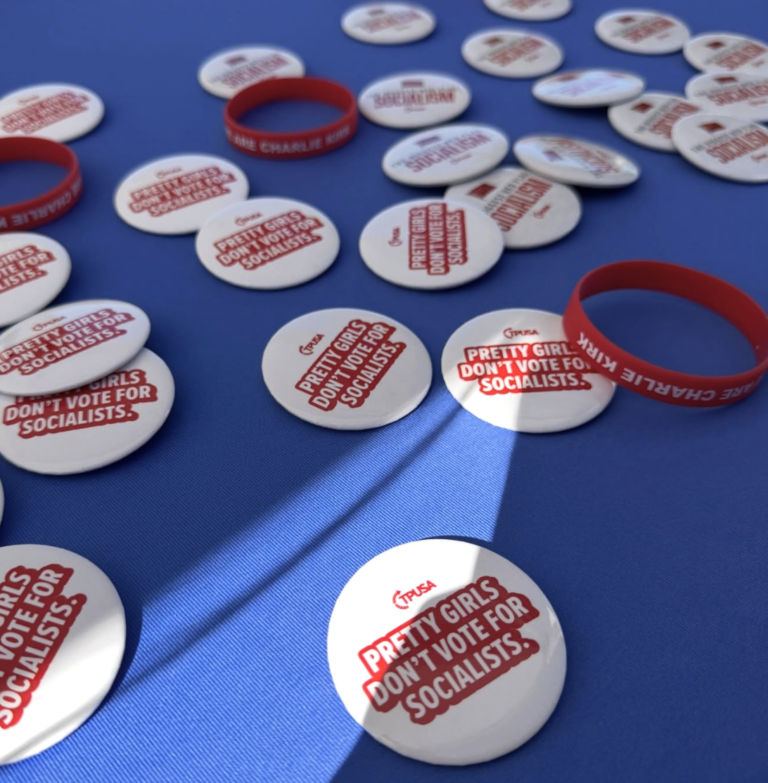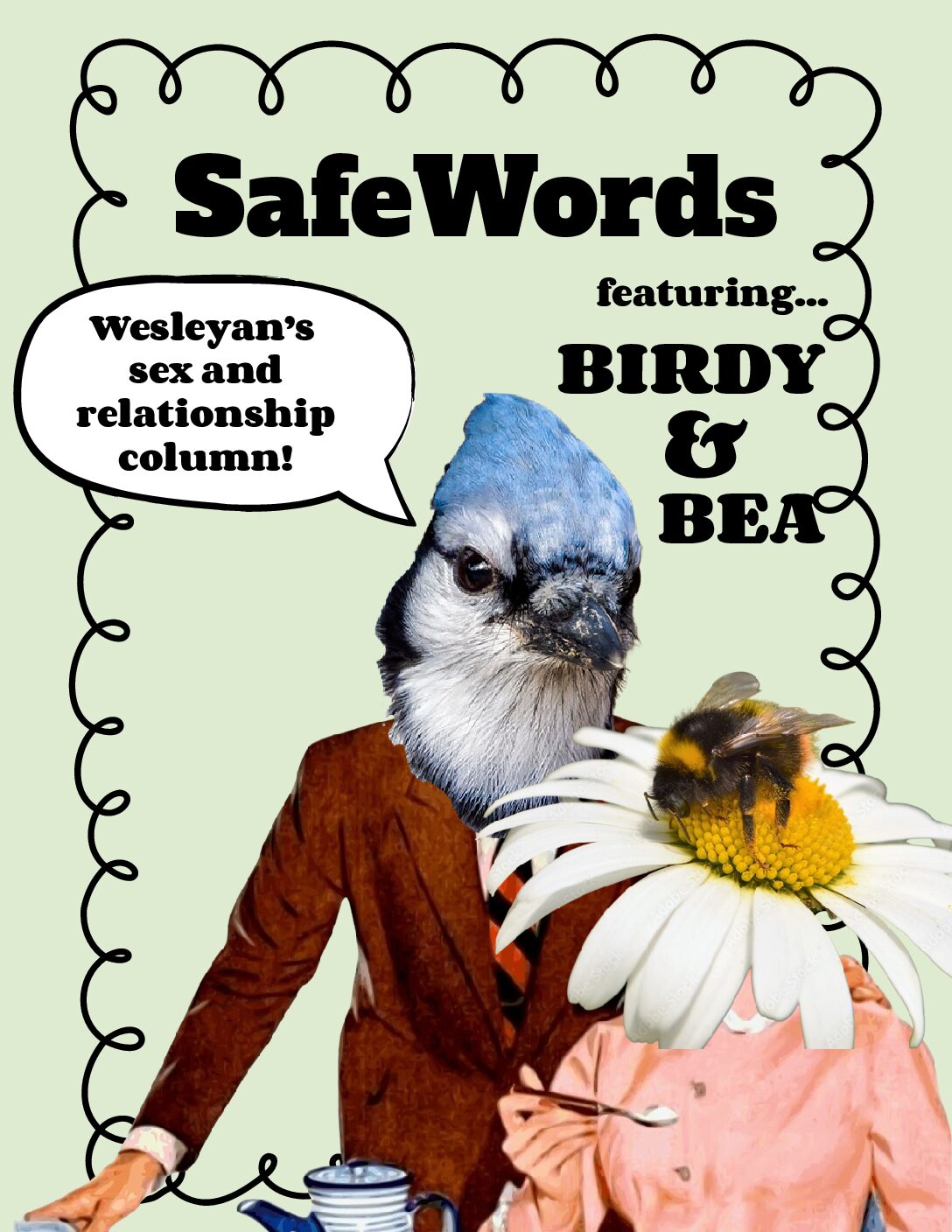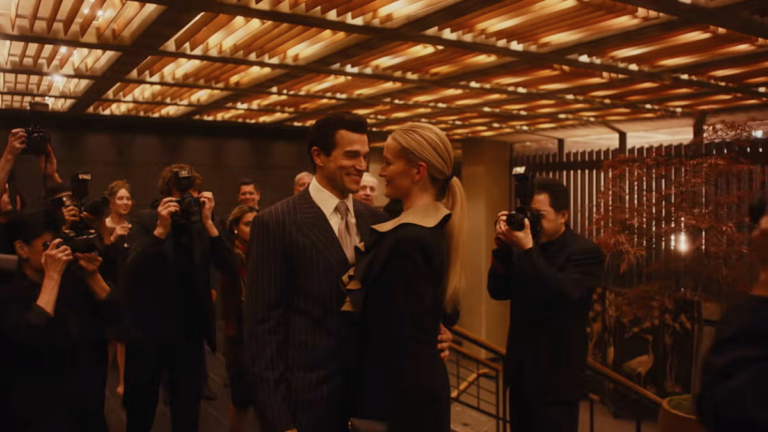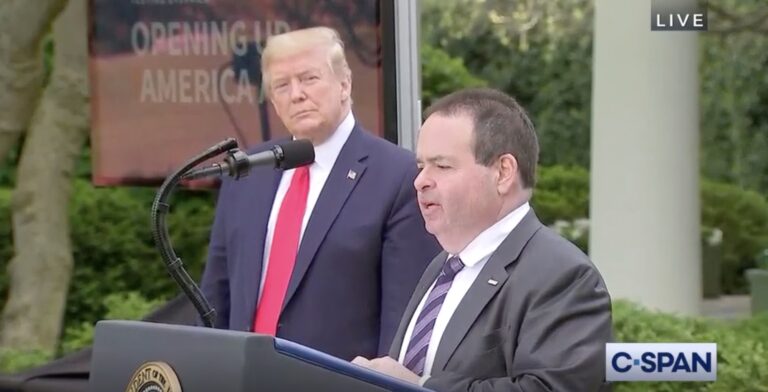Granting the Underprivileged a Brighter Day
Whenever life was going smoothly back in Kibera, my grandma used to say, “Think twice.” To this day, I live every day of my life knowing that life is tough, that nothing is easy. Even though Wesleyan gives me easy access to food, showers, computers, and housing, I’m always prepared for the worst. When good things do happen, most of the time I cry and appreciate them, because I know life isn’t normally easy.
Just as the earth revolves around the sun, both sides of the earth alternating between darkness and light, so too does my own life alternate between good and bad. I know when I am in trouble, and life is a challenge, that I will soon be met with easier times. The dark never lasts forever, since it is only a matter of time before the sun rises on a new day.
My situation in Kibera reflects this principle. During the post-election violence in 2007, Kenya was in chaos. There was bloodshed everywhere: men turned into hyenas, and neighbors killed neighbors. Kibera was covered in smoke, smoke so thick that you couldn’t see the faces in front of you.
My ear was used to hearing gunshots, and every twenty minutes at least four people that I knew spoke of another death. News of death spread by word of mouth as quickly as the waves of bullets. The only way to survive was to raid grocery stores, and many youths did so. Shoplifting became routine because there was no government to stop them—violence ruled the government.
Many were killed, but one death in particular still affects me to this day—a five-year-old girl struck down by a stray bullet while playing in a field. It was the end of the life of a little angel—her last breath ceased due to police brutality. The police knew there were no lawyers for the second-class citizens, and they did not care. To be poor is to be denied justice, to be a soccer ball that can be kicked around anywhere at anytime.
That violence felt like a prolonged darkness, as did much of my life. I spent my entire twenty-three years in absolute poverty, with not enough access to food, no hope for new opportunities. But I knew that if I could just hold on a bit longer, a new day would come. That day did come, and now I’m getting the opportunities that I was denied, the justice that was stripped from me.
I feel lucky and blessed to have access to the best education, to have been able to flee the country with the help of my American friends. But I still think of those who could not have the opportunities I had. I know they deserve all the things that I have here in America just as much as I do. I’m not saying anyone should feel guilty for leading a privileged life. It’s hard to understand what it means to live in Kibera if you grow up in a completely different world, and even I get stuck in the world of material culture at times.
However, I know from personal experience that, after helping others, a powerful good feeling strikes me like thunder. What keeps me going from day to day when I think of the senseless violence in Kibera, the murder of the little angel, is the knowledge that, through SHOFCO, I can help grant those trapped in endless night the opportunity to wake up to a brighter day.







Leave a Reply